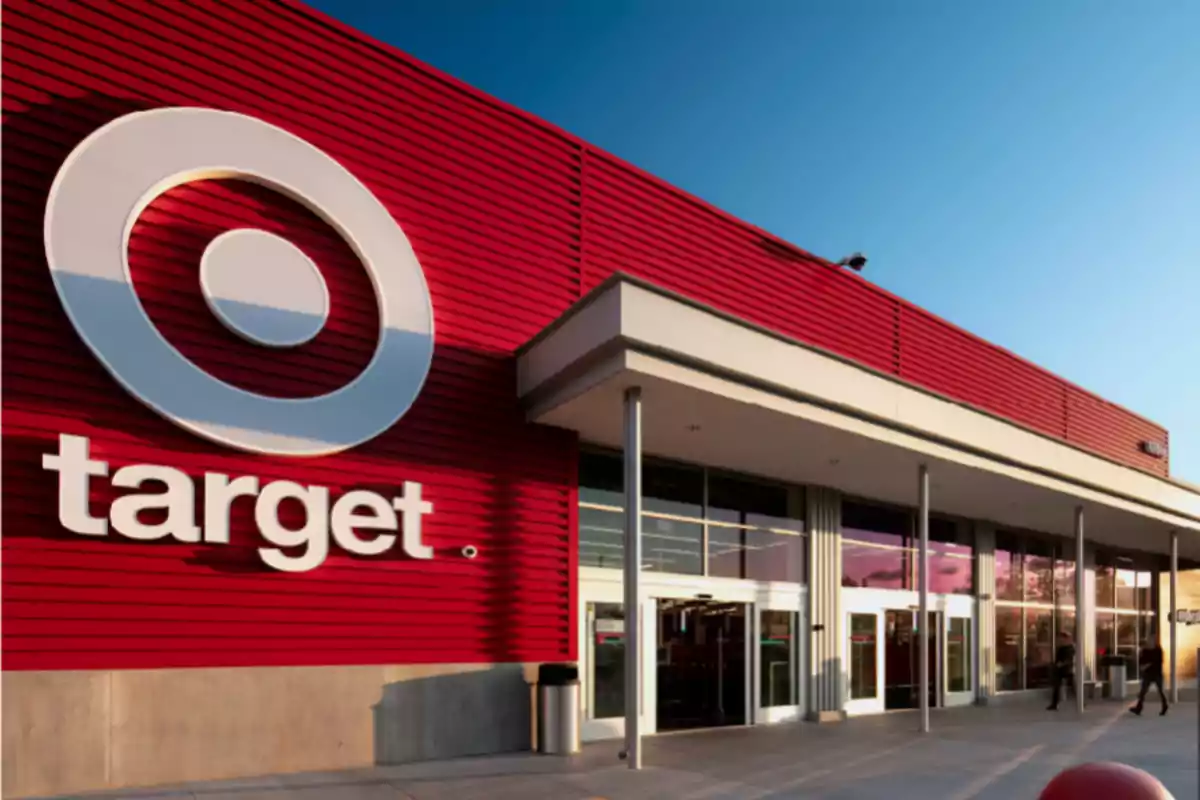
Target Issues Last-Minute Warning: It Will Happen Across the United States
Fruits, vegetables, and electronic products will be affected, warns Target
The domestic economy of the United States faces new pressure that will directly impact consumers' wallets. Major chains like Target and Best Buy are warning about a price increase. It is a direct consequence of the new tariffs imposed on products imported from key countries like Mexico, Canada, and China.
Target Anticipates Increases
Brian Cornell, CEO of Target, has been clear in his warning: the prices of fruits and vegetables will rise almost immediately. "We will try to protect prices, but it is likely that the consumer will see increases in the coming days," he stated in an interview. Among the most affected products, he mentioned strawberries, avocados, and bananas, whose increase could be evident "throughout the next week."

The CEO explained that imports from Mexico, an essential supplier during the colder months, are directly compromised by the new tariffs. This adds to the widespread concern about the stability of fresh food prices that depend on international routes.
A Limited Strategy in a Changing Global Scenario
Target has taken steps to reduce its commercial dependence on China, lowering its import level from 60% to 30%. However, Cornell acknowledges that fruits and vegetables will remain vulnerable.
The company has developed contingency plans to try to mitigate the impact, although not everything can be absorbed internally. "We have already faced similar situations," he commented, referring to previous tariff crises.
Currently, 50% of Target's inventory comes from within the United States. Even so, the new import taxes could force millions of families to adjust their food budgets.
All this at a critical moment for the company, which has just presented its fourth-quarter results. Target anticipates a "significant" drop in profits for the first quarter of 2025.
Other Sectors Will Also Feel the Impact
The scenario is not exclusive to the food sector: Corie Barry, CEO of Best Buy, also anticipated adverse effects for consumer electronics. Although the company only imports between 2% and 3% of its stock directly, suppliers will pass part of the tariffs to retailers. This will inevitably lead to price increases for consumers.
Additionally, she warned that if the 10% tariffs on Chinese products remain for a year, they could reduce sales. It is estimated that it would be by approximately one percentage point. Her CFO, Matthew Bilunas, reinforced this concern by pointing out that "the big question now is how consumers will react to the price increase."
Both executives agree that consumer confidence is going through a fragile stage. The new trade tariffs could end up further weakening domestic consumption, right in a period of global uncertainty and economic challenges in the United States.
More posts: